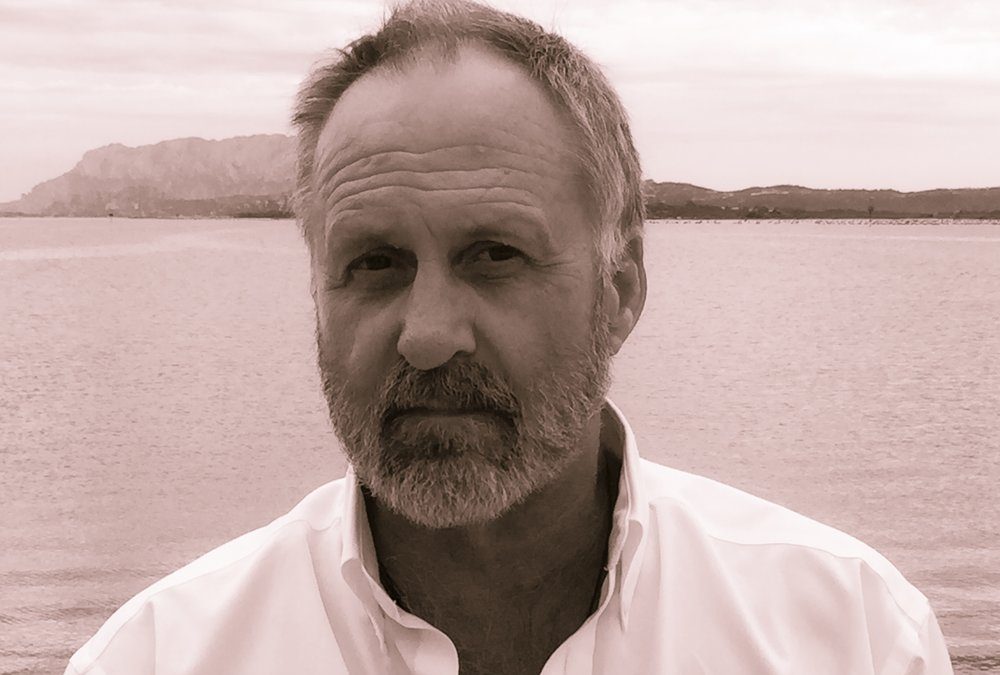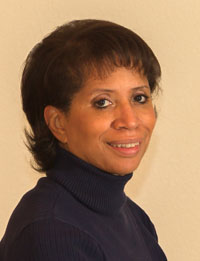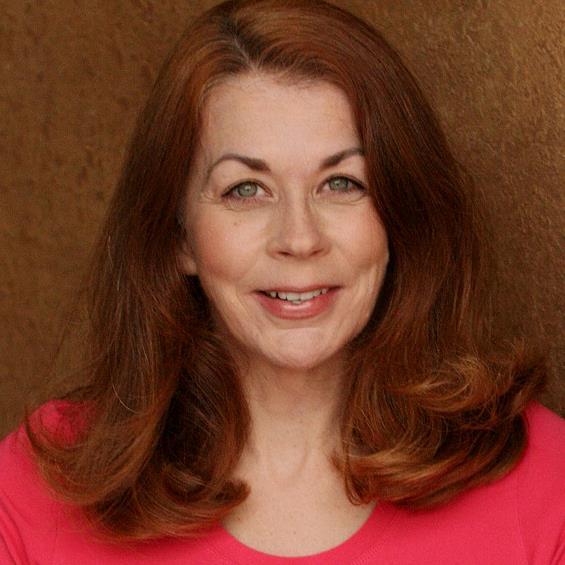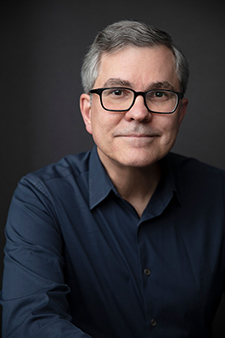 For today’s edition of the Open Mic Creativity and COVID-19 Special Project I check in with thriller author Timothy Jay Smith. I’ll be talking to him more down the line about his new book, but in the meantime he has some very interesting thoughts on staying creative during this ongoing public health crisis.
For today’s edition of the Open Mic Creativity and COVID-19 Special Project I check in with thriller author Timothy Jay Smith. I’ll be talking to him more down the line about his new book, but in the meantime he has some very interesting thoughts on staying creative during this ongoing public health crisis.
OM: These are really stressful times for everyone no matter where they are. How are you staying creative during these troubled times?
Smith: I’m not prone to worrying, but with a couple of medical conditions that make me highly vulnerable to the coronavirus (not to mention being over 60), I confess to having had a few anxiety attacks in the last weeks. I’m especially aware of its subconscious toll when friends ask me sincerely how I’m doing, and I choke up, tears well in my eyes and I can’t speak for a moment. It’s a little embarrassing but ultimately therapeutic, and I move on, which is how I’ve survived other hard times: mentally moving on. Shed some tears and think about something else.
Fortunately, these days I have lots to think about other than the big Corona. I have a new book coming out in July, so these are busy pre-publication weeks filled with getting galleys out, soliciting blurbs and reviews, asking people like Rich Ehisen to interview me, and so on. I have a publicist, but there’s plenty that I still can and want to do. While most of that sounds like chores, not creativity, in fact it combines both, keeps me in touch with my work, and gives me a sense of progress that will pay off in less stressful days.
OM: What advice do you have for others who might be struggling with getting their focus away from the news and back to their writing?
Smith: I’m a news junkie, and like most news junkies, I can reread or listen to the same news from a dozen different sources. Fortunately I don’t have a television, or else it would probably always be on. Instead, I find myself scrolling endlessly through social media and news websites until I reach a point where I can’t stand to see or hear the name Trump one more time. Then, with a click on the red dot, all that disappears from my screen.
So that’s my advice for getting your focus away from the news: turn it off.
But how to get back to writing? I use the same trick that I use when I reach a point in a novel that I can’t get quite right: I work on another part of it. I might jump ahead to a scene that’s in my head but not yet on paper. Or I edit what I’ve already written. Or I transcribe my notes and work them into my outline. It’s all part of writing and it all needs to be done before any project is finished.
OM: Are you able to take anything positive out of all this?
Smith: Well, we know the Earth has had a breather, and anything that helps the environment is positive. If we have a fair election in November, I also think the political landscape will change dramatically for the better. (I do worry about the trial balloons that have been floated to delay the election and other suggestions to revoke our Constitutional rights.) I think scientists will regain the nation’s respect, and in the foreseeable future, we will always be better prepared than we have been for this pandemic. But overnight, we can’t repair the damage that has been done in only a few years to our medical system, educational system, middle class, and trust in government. It will take decades to rebuild our country. If the coronavirus is our wake-up call, then that’s a positive outcome.
OM: Do you think any of this will work its way into a future storyline?
Smith: Not at all. I’m already working on a new novel, with three books lined up behind it, and none needs a pandemic to ramp up the story’s excitement. Nor would I find it interesting to write about deadly pathogens. (I’ve never been a big fan of hospital stories.) I do have one dystopian novel in mind in which the cause of distress is not a contagious disease, but I don’t want to share more than that.




